Doctors could soon be able to better predict an individual patient’s chances of getting cancer and offer them personalised detection and prevention strategies, thanks to a new research project co-led by scientists at The Institute of Cancer Research, London.
Today, Cancer Research UK, the National Institute for Health and Care Research (NIHR) and the Engineering and Physical Sciences Research Council (EPSRC) announced the launch of the Cancer Data-Driven Detection programme.
The £10million programme, which will be led by the University of Cambridge, aims to access and link vast quantities of data from different sources - including health records, genomics, family history, demographics, and behavioural data. The research teams will then develop advanced statistical models that will help scientists more accurately predict who is most likely to get cancer.
Alongside this, the programme will develop powerful new tools which use AI to analyse the data and calculate an individual’s risk of cancer throughout their lifetime.
Building the infrastructure
Over the next five years, the funding will be used to build the infrastructure required to access and link these datasets, train new data scientists, create the algorithms behind the risk models and evaluate the algorithms and AI tools to ensure that they are giving accurate and clinically useful information about cancer risk.
The data generated from this research could be used to offer more frequent cancer screening sessions or screening at a younger age to those at higher risk. Those at lower risk could be spared unnecessary tests. People identified as higher risk could also fast-tracked for cancer testing when they go to their GP with possible cancer signs or symptoms.
The Institute of Cancer Research (ICR)’s role in the project will be to harmonise and analyse the combined data from diverse sources across the UK, including a cohort from the long-running Breast Cancer Now Generations study, to capture a wide range of ethnic, geographical, and socioeconomic characteristics for cancer research.
Analysing trends in cancer incidence
The ICR team, led by Professor Montserrat Garcia-Closas, will work within the Cancer Epidemiology and Prevention Research Unit (CEPRU) she co-directs, a collaboration between ICR and Imperial College London, and other key institutions across the UK.
Professor Montserrat Garcia-Closas, Group Leader for the Integrative Epidemiology Group at The Institute of Cancer Research, London, said:
“We are delighted to be part of this UK-wide initiative involving many institutions working together to ensure a truly national and inclusive approach to cancer data science. We will be examining trends in cancer incidence across population groups and regions and addressing health inequities by analysing how risk factors affect different demographic and geographic subgroups.
“The risk models we develop will be used to guide public health policies for prevention and early detection of cancer, with applications extending beyond risk predictions for individuals to optimise resource allocation and maximise population-level impact.”
Finding those most at risk of cancer
Director of the Cancer Data Driven Detection programme and Professor of Cancer Risk Prediction at the University of Cambridge, Professor Antonis Antoniou, said:
“Finding people at the highest risk of developing cancer, including those with vague symptoms, is a major challenge. The UK’s strengths in population-scale data resources, combined with advanced analytical tools like AI, offer tremendous opportunities to link disparate datasets and uncover clues that could lead to earlier detection, diagnosis, and prevention of more cancers.”
“The Cancer Data Driven Detection programme will build the partnerships and infrastructure needed to make data-driven cancer early detection, diagnosis and prevention a routine part of frontline healthcare. Ultimately, it could inform public health policy and empower individuals and their healthcare providers to make shared decisions. By understanding individual cancer risks, people can take proactive steps to stop cancer before it gets worse or even begins in the first place.”
Head of Prevention and Early Detection Research at Cancer Research UK, Dr David Crosby, said:
“The single most important thing we can do to beat cancer is to find it earlier, when treatment is more likely to be successful. With half a million cancer cases per year expected in the UK by 2040, we need a major shift towards more accurate diagnosis and detection of early cancer.
“The Cancer Data Driven Detection programme will link health data sources together and build the powerful new tools doctors need to identify those at highest risk of cancer and prioritise resources towards them.
“Moving towards a preventative approach to healthcare will not be easy and will take time. Cancer Research UK’s investment in the programme is an investment in the future of cancer care.”
Lord Vallance, Minister of State for Science, Research and Innovation, said:
“There are huge opportunities in AI to improve UK healthcare, from scans detecting illnesses earlier to bringing NHS waiting lists down by planning appointments more efficiently, and these will continue to develop.
“This investment in harnessing the potential of data to spot those at risk of cancer represents the sort of innovation the Government’s new AI Opportunities Action Plan sets out to realise, so this technology improves lives, while transforming public services and boosting growth.”
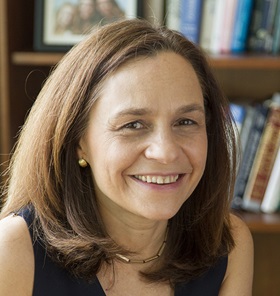
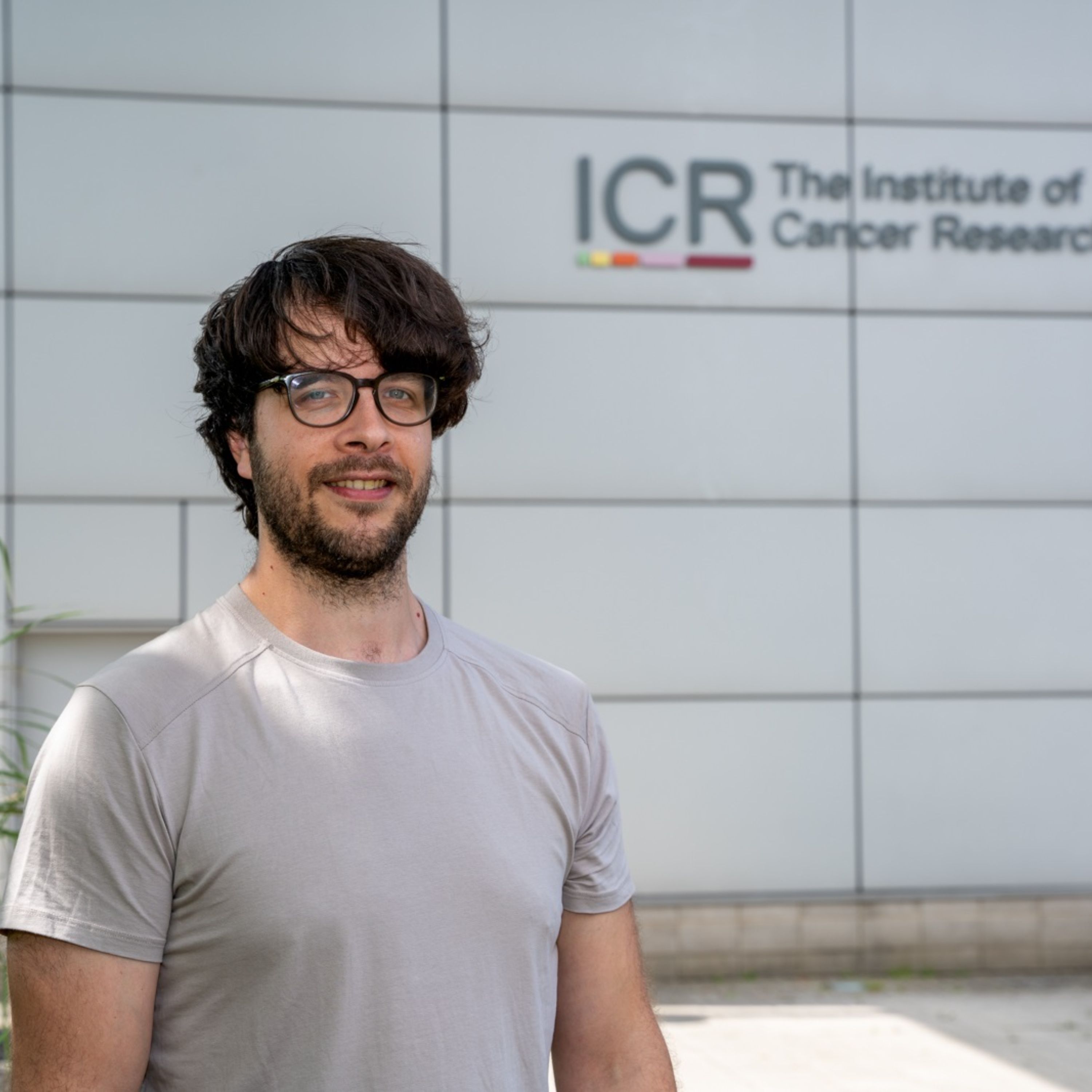 .
.
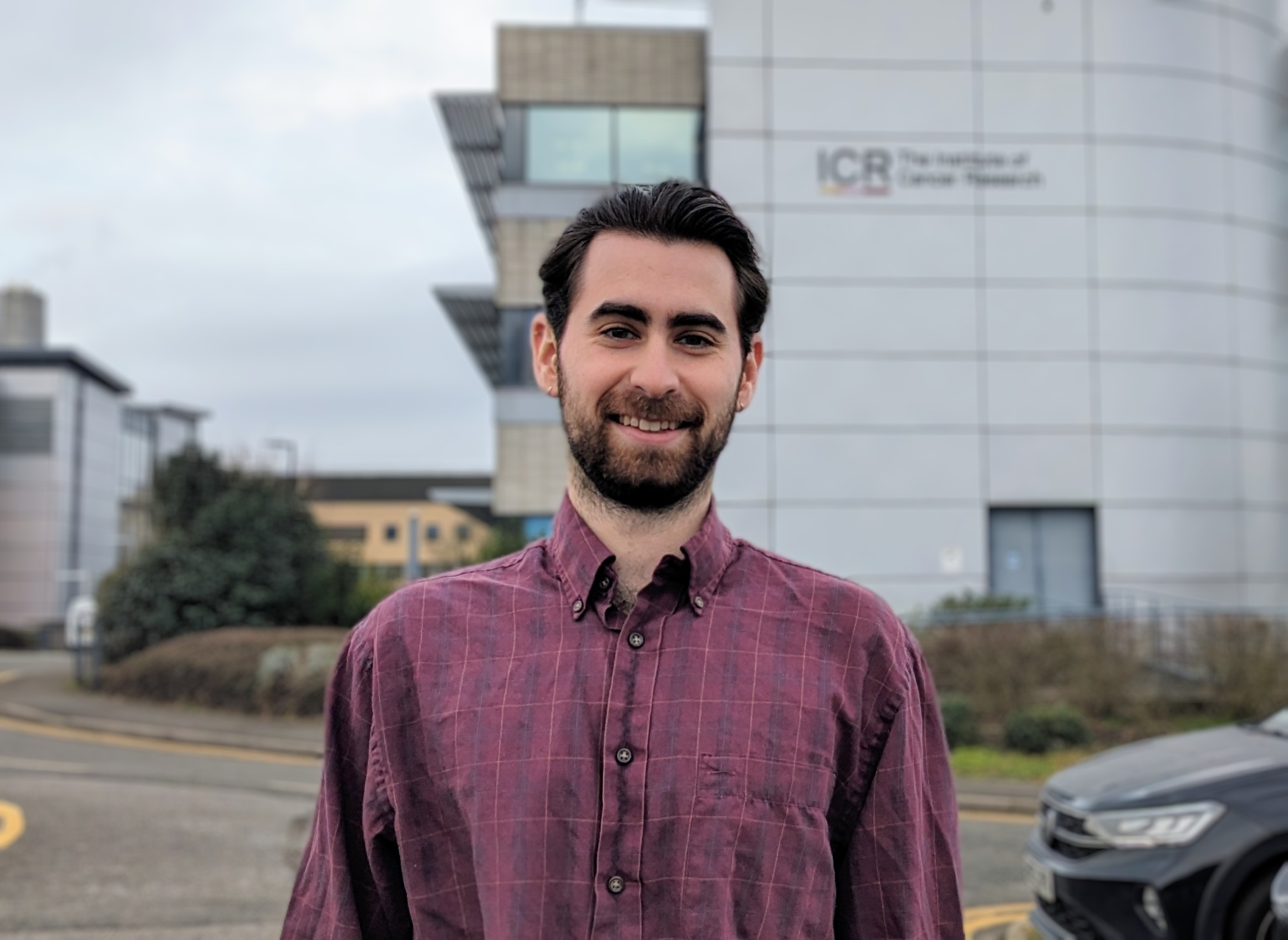 .
.
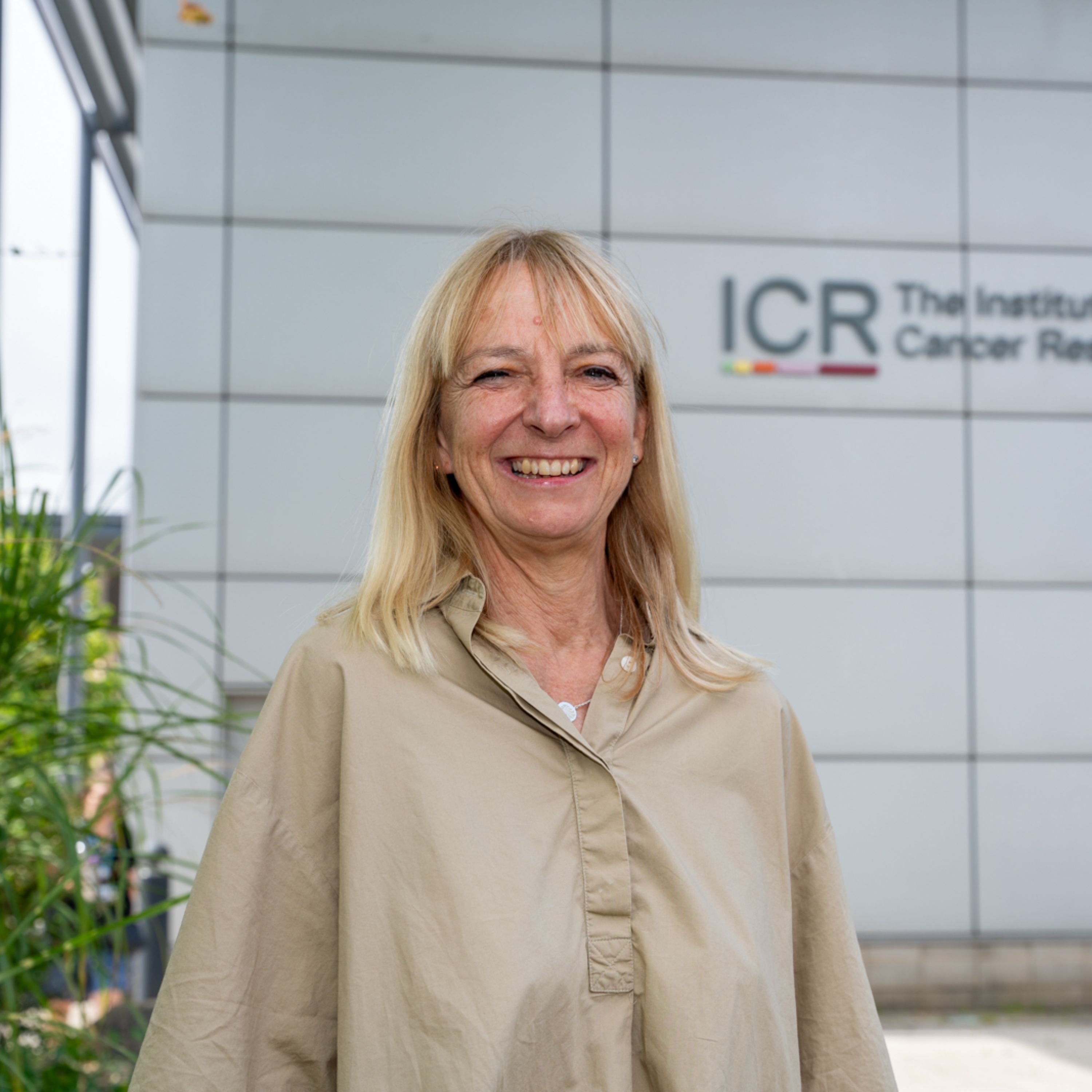 .
.
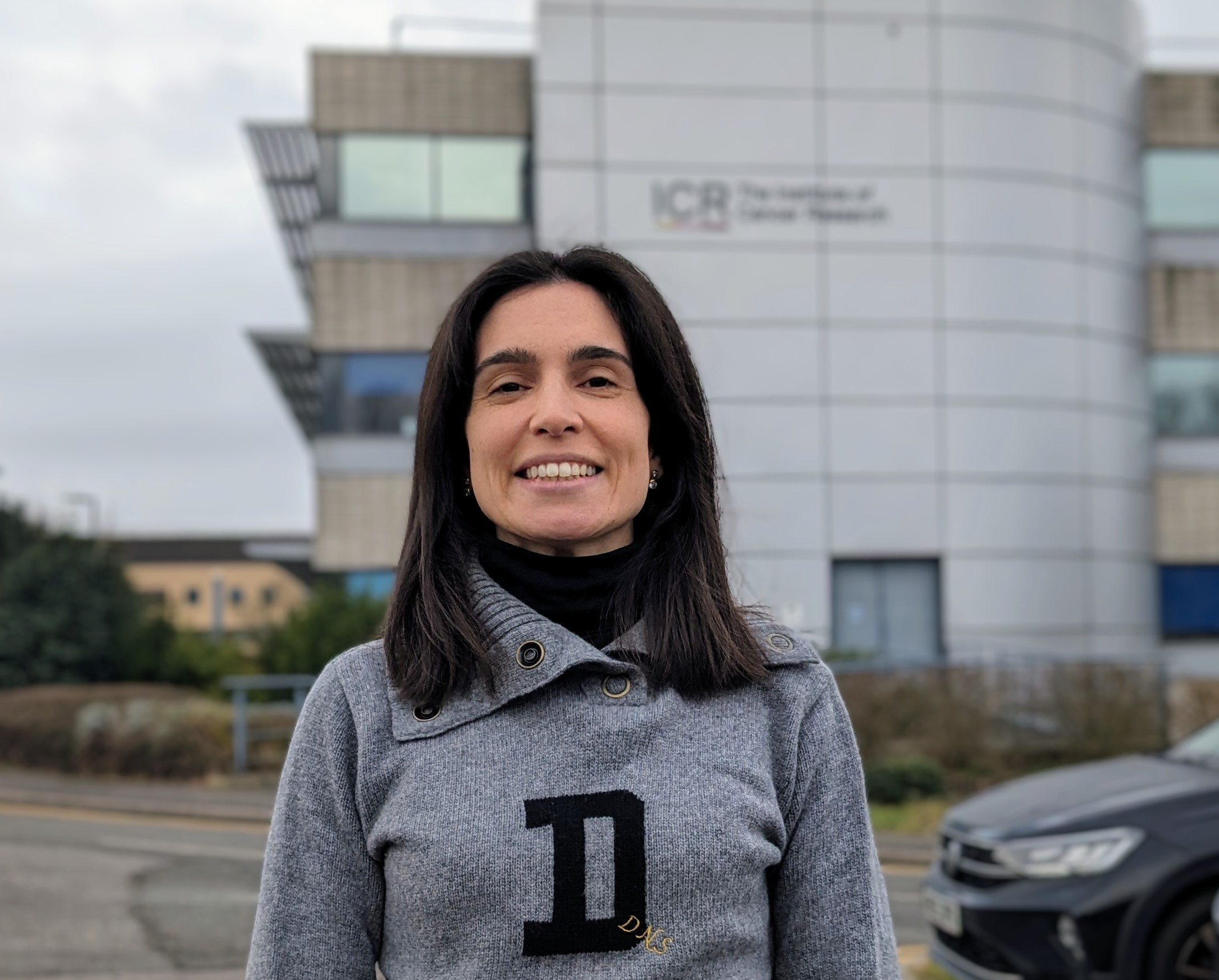 .
.
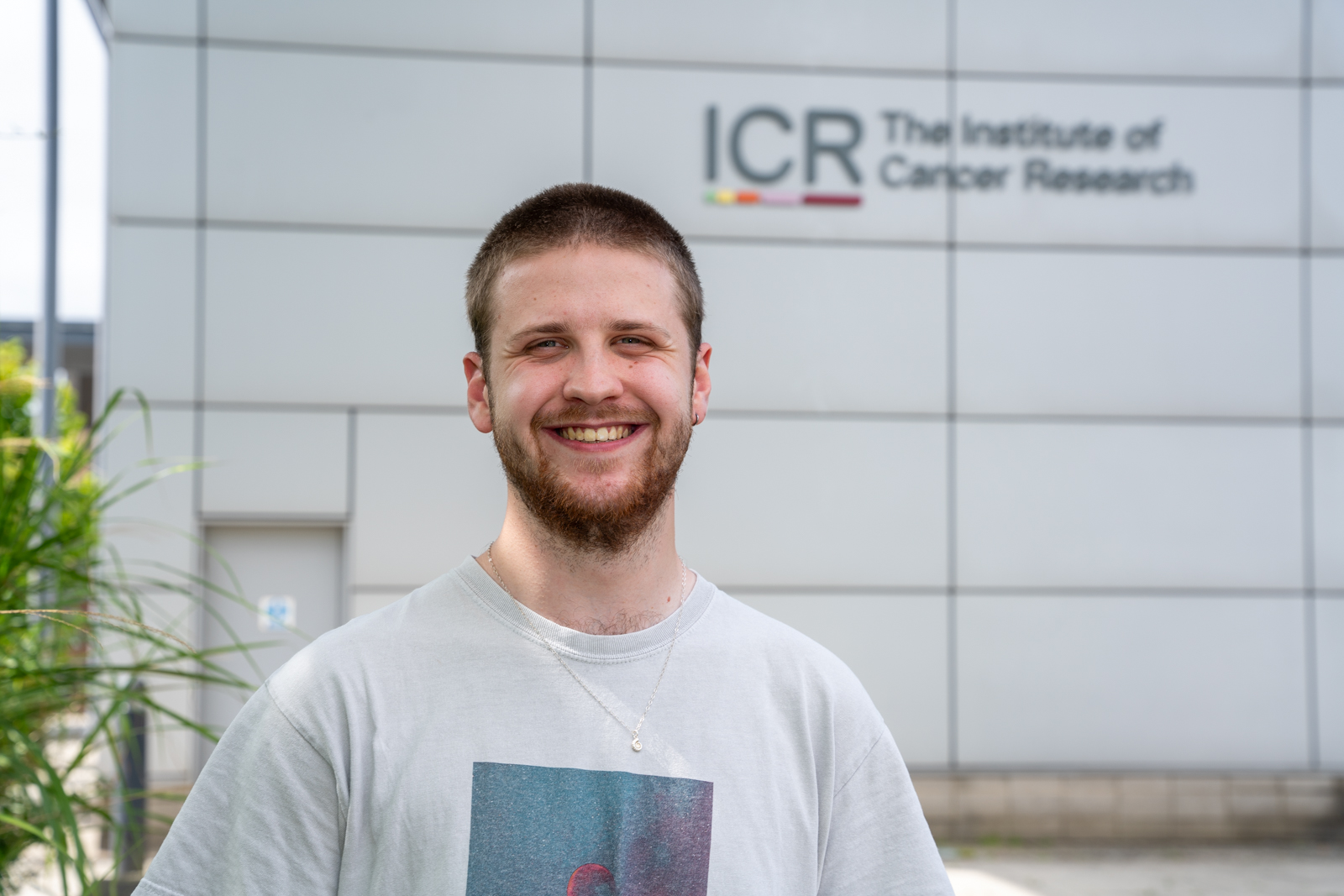 .
.
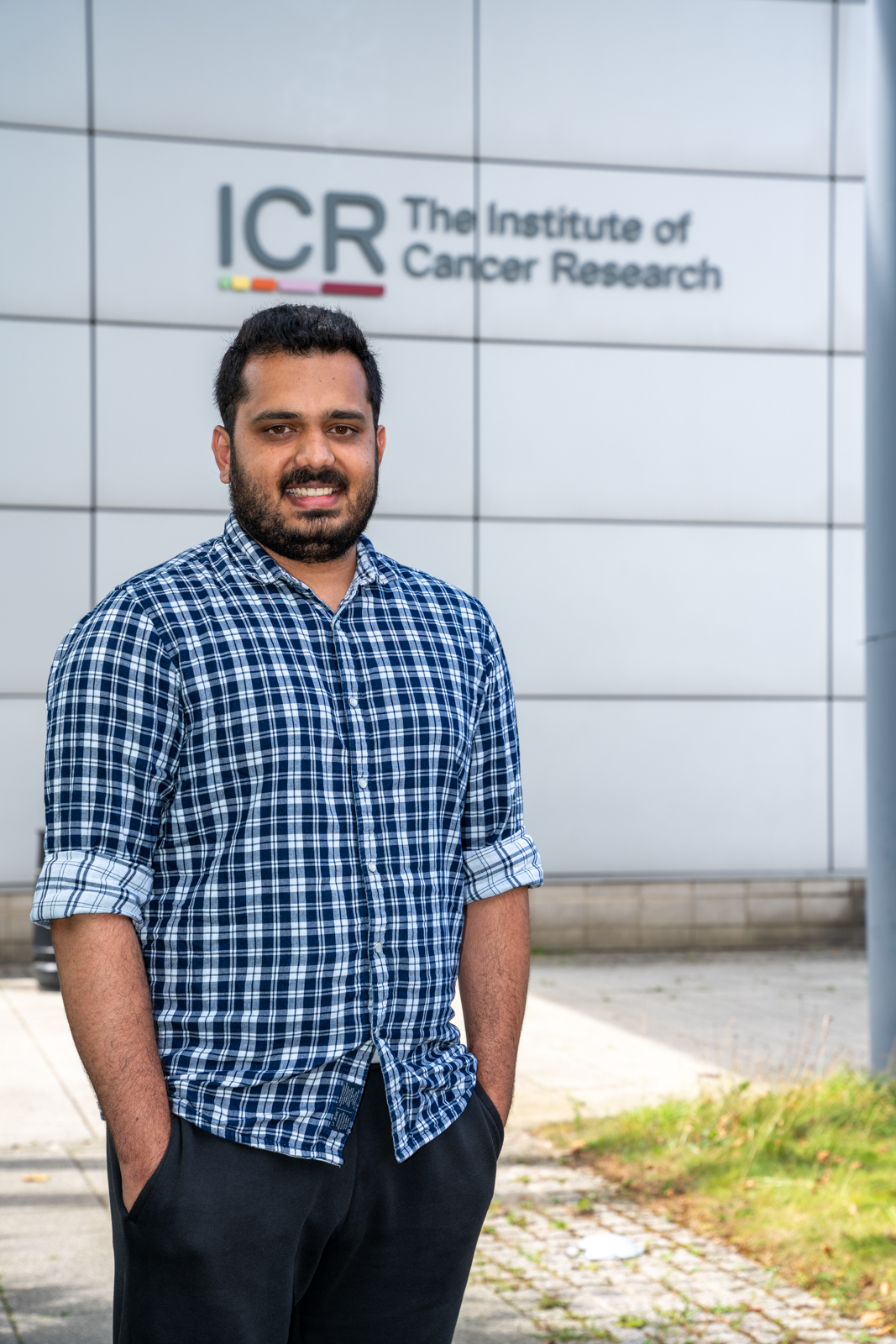 .
.
 .
.
 .
.
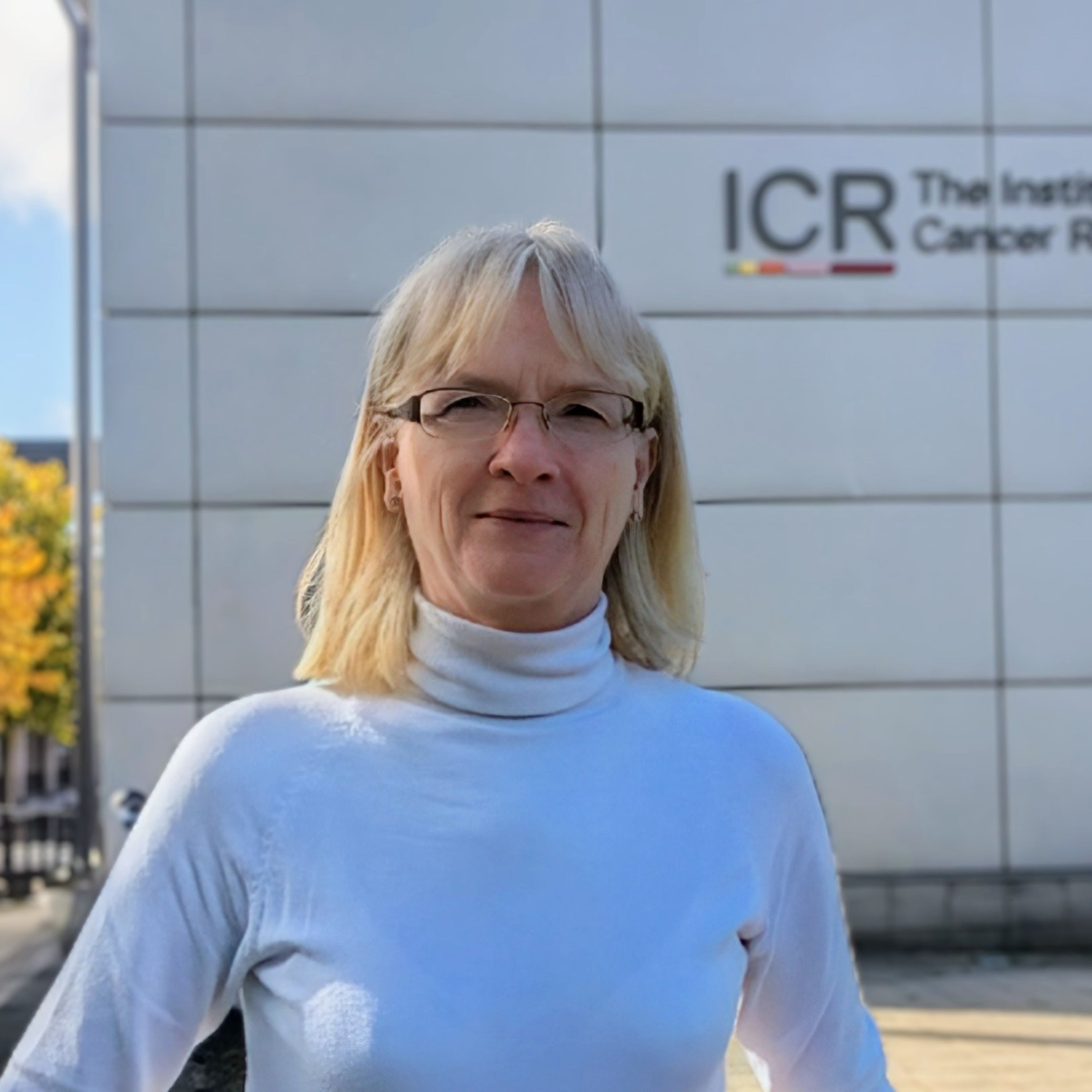 .
.
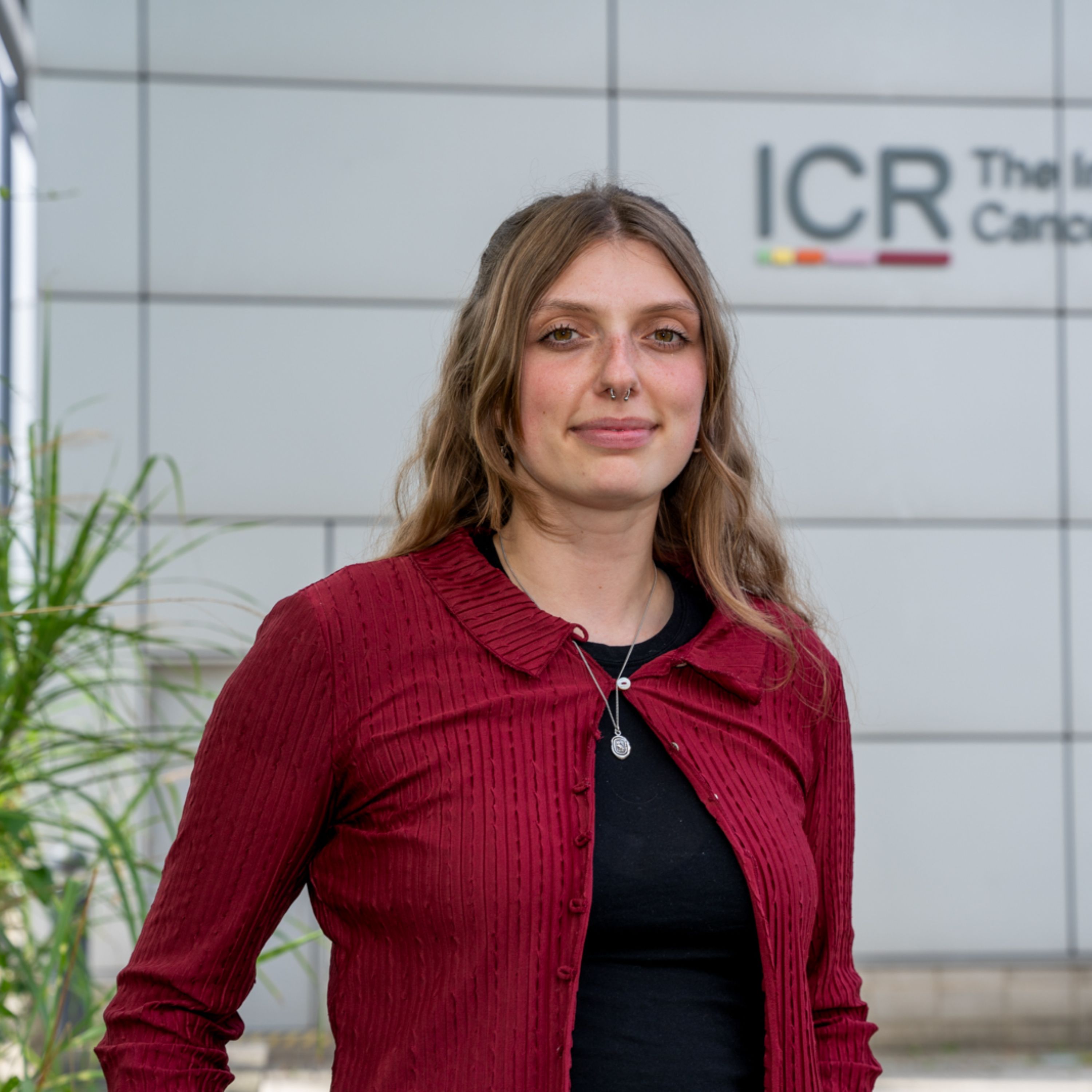 .
.